Looking for a reliable MRI scan in Bangalore? Choose Koshikaa for advanced imaging technology, accurate diagnostics, and expert care. Book your MRI appointment today for fast, precise results and personalized support.
Trusted Advanced MRI scanning made affordable , booked in just a few clicks
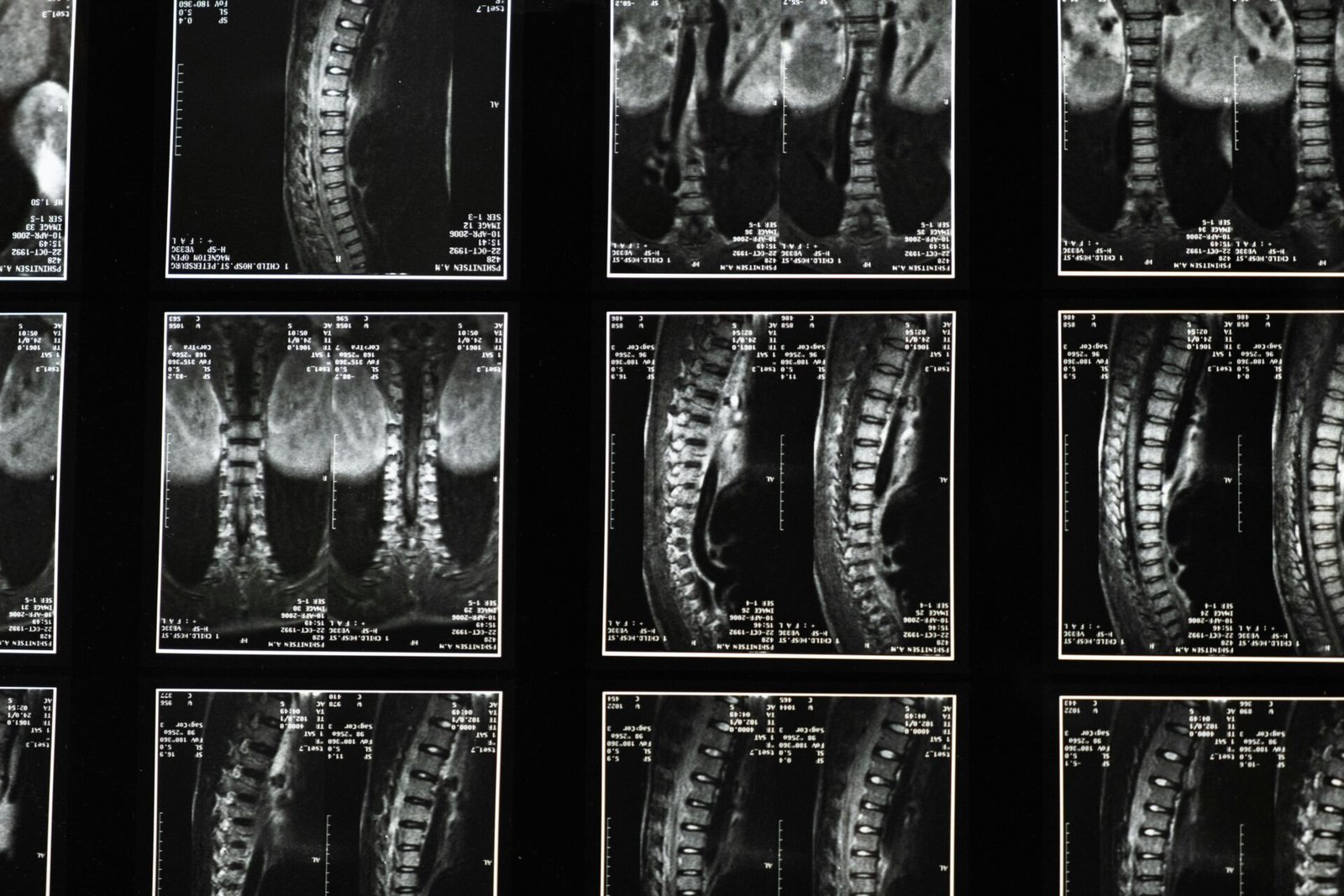
An MRI (Magnetic Resonance Imaging) scan is a safe and non-invasive way to look inside your body. It uses powerful magnetic fields and radio waves to create clear, detailed 3D images of your organs, tissues, and bones—without using any radiation.
Doctors use MRI scans to find and understand health problems early. These detailed images help them make accurate diagnoses and plan the best treatment for you. It’s a quick, painless procedure that gives important information about your health.
Koshikaa MRI Scan Centre in bangalore is a leading Health Screening facility in Bangalore, dedicated to providing high-quality imaging services with a focus on accuracy, safety, and patient comfort. Due to High Demand of MRI in Bangalore We specialize in advanced MRI scanning using the latest technology to deliver clear, detailed images that support early detection and effective treatment planning.
Our team of experienced radiologists and caring support staff ensure every patient receives personalized attention in a stress-free environment. At Koshikaa, we are committed to making reliable healthcare accessible through timely reports, transparent service, and compassionate care.





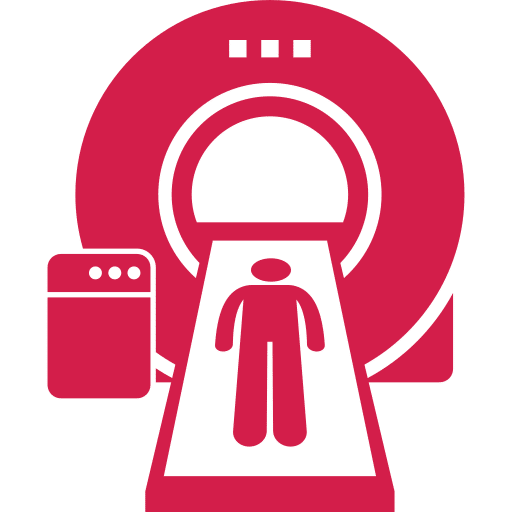
MRI scans are instrumental in diagnosing a variety of conditions, including:-
Neurological Disorders: Detecting brain tumors, multiple sclerosis, or stroke.
Spinal Issues: Assessing herniated discs or spinal cord injuries.
Joint Problems: Evaluating joint abnormalities or injuries.
Abdominal Concerns: Investigating liver, kidney, or other abdominal organ issues.
Cardiac Conditions: Examining heart structures and function
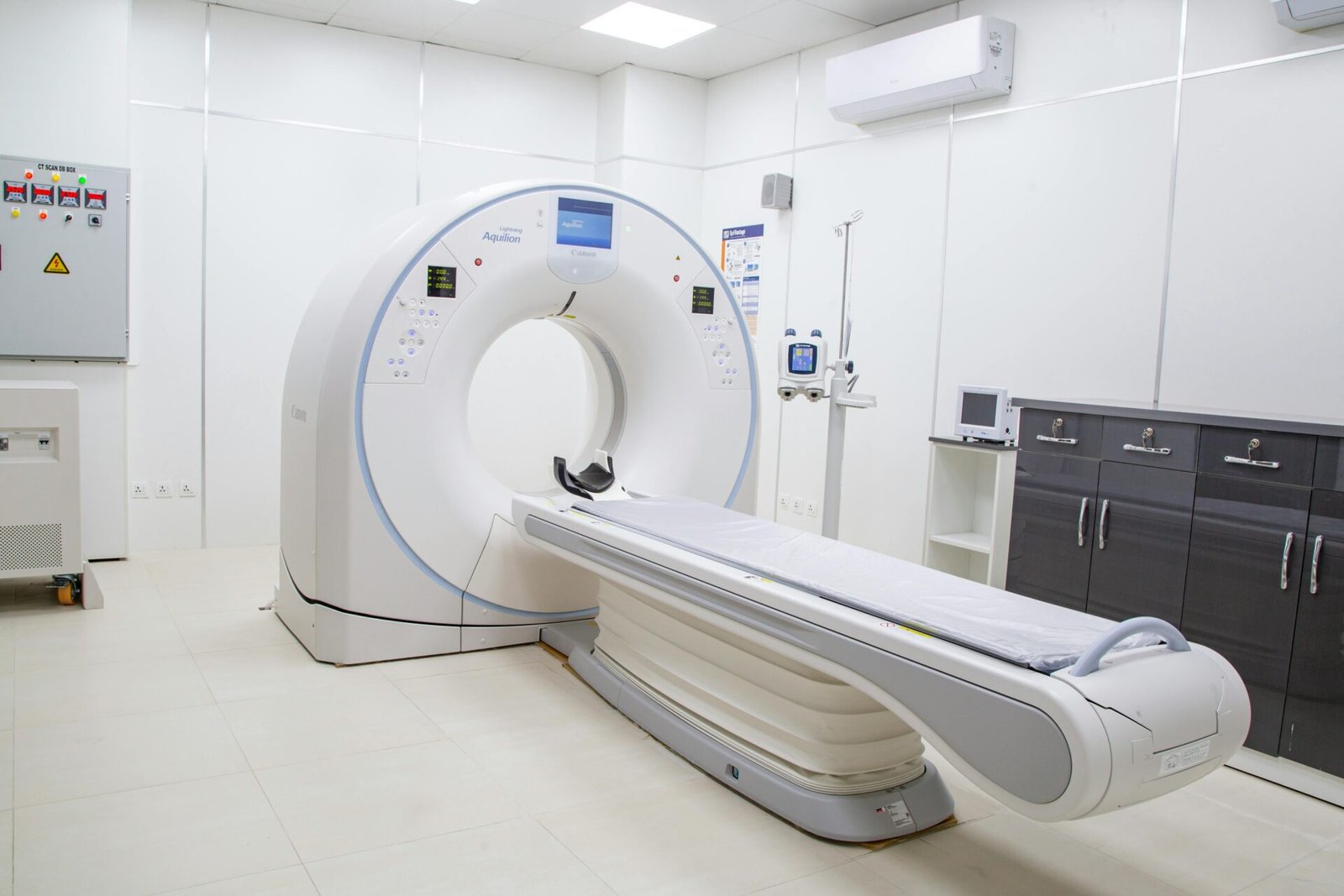
Booking an Affordable MRI at Koshikaa Diagnostic scan center bangalore is easy and takes less than a minute. Just follow these 4 simple steps:
Enter your name, mobile number, and email. It helps us contact you quickly and confirm your appointment.

Our team will call you to confirm your appointment and guide you on any instructions for the scan.

Once confirmed, you’ll receive the appointment details, center address, and reporting time directly to your phone or inbox.

Visit the center at your scheduled time. Our expert team will ensure a smooth, comfortable experience.
A Brain MRI (Magnetic Resonance Imaging) is a safe and painless imaging test that uses strong magnetic fields and radio waves to produce detailed pictures of the brain. It helps diagnose a variety of conditions, including tumors, strokes, and abnormalities.
A Musculoskeletal MRI is a safe imaging test that creates clear pictures of bones, joints, muscles, ligaments, tendons, and other soft tissues without radiation. It’s key for diagnosing and checking conditions like fractures, arthritis, tendonitis, ligament tears, and sports injuries.
A pelvic MRI (Magnetic Resonance Imaging) is a non-invasive imaging technique used to produce detailed images of the pelvic area, including the reproductive organs (uterus, ovaries, fallopian tubes), bladder, prostate gland (in men), and surrounding structures. It is essential for diagnosing and evaluating conditions such as pelvic inflammatory disease, uterine fibroids, ovarian cysts, prostate cancer, and pelvic trauma.
A Breast MRI is a safe imaging test that takes detailed pictures of the breast tissue without using radiation. It’s often used along with mammograms and ultrasounds to check for breast problems like tumors, cysts, or cancer. It’s especially helpful for screening people at high risk, figuring out how far cancer has spread, or tracking how well treatment is working.
A Whole Body MRI is a safe imaging method that uses magnets and radio waves to create clear pictures of major organs and tissues. It helps doctors diagnose and track conditions like cancer, heart disease, brain disorders, and muscle or bone injuries.
Utilizing MRI Scan in Bangalore enables effective visualization of various structures and conditions within the body,
Some metal objects may be affected by the MRI’s magnetic field. Inform your doctor about any internal devices or implants you may have, such as a heart pacemaker, metal pins, or a medication pump. It’s essential to avoid MRI scans if you have a heart pacemaker to ensure your safety
To maintain safety and image quality, you’ll be asked to remove all metal objects, such as wristwatches, keys, and jewellery, before entering the scan room. These items must be left outside the room.
If you experience claustrophobia or have concerns about feeling uncomfortable in the confined space of the MRI machine, please inform your doctor. They may offer medication to help you relax during the procedure, ensuring a more pleasant experience.
For pelvic or abdominal MRI scans, your doctor may advise you not to eat or drink for at least five hours before the procedure. In most other cases, fasting is not necessary before the scan. Always follow your doctor’s instructions for the best results.


Understanding the procedure can alleviate anxiety:
Positioning: You’ll lie on a movable table that slides into the MRI machine.
Noise: The machine produces loud tapping or thumping sounds; earplugs or headphones are usually provided.
Communication: You’ll be in constant contact with the technician via intercom.
Duration: Scans typically last between 15 to 90 minutes, depending on the area being examined.
Contrast Dye: For certain scans, a contrast agent may be injected to enhance image clarity.
Immediate Activities: Most patients can resume normal activities immediately after the scan.
Results: Images are reviewed by a radiologist, and results are typically shared with your referring doctor within a few days.
Side Effects: MRI scans are generally safe; however, some may experience minor side effects from contrast dye, such as headaches or nausea
I was thoroughly impressed with my spine MRI here. The staff was friendly, the technician skilled, and results were promptly provided with clear explanations
Koshikaa for breast MRI surpassed my expectations. The staff was professional and caring, the technician thorough, and the facility clean and comfortable. Highly recommended.
My pelvic MRI experience here was seamless. The knowledgeable technician answered all my questions, and results were promptly delivered with follow up to ensure understanding.
Not feeling your best lately? Or just want to do a full health check to be on the safe side? A Full Body MRI Scan is a smart, safe, and easy way to take a closer look at what’s going on inside your body — all in one go.
At Koshikaa Diagnostic Centre, we use the latest MRI technology to give you clear, detailed images from head to toe. The best part? It’s completely radiation-free, so you don’t have to worry about any harmful effects.
You’re looking for a complete health check-up
You have a family history of health issues
You’ve been feeling off and want answers
You believe in catching problems early, before they get serious
Our experienced team will guide you through the process, and your results will be carefully reviewed by expert radiologists. You’ll get a detailed report and advice that’s easy to understand.
Ready to take control of your health? Book your Full Body MRI at Koshikaa today — quick, easy, and all about you.
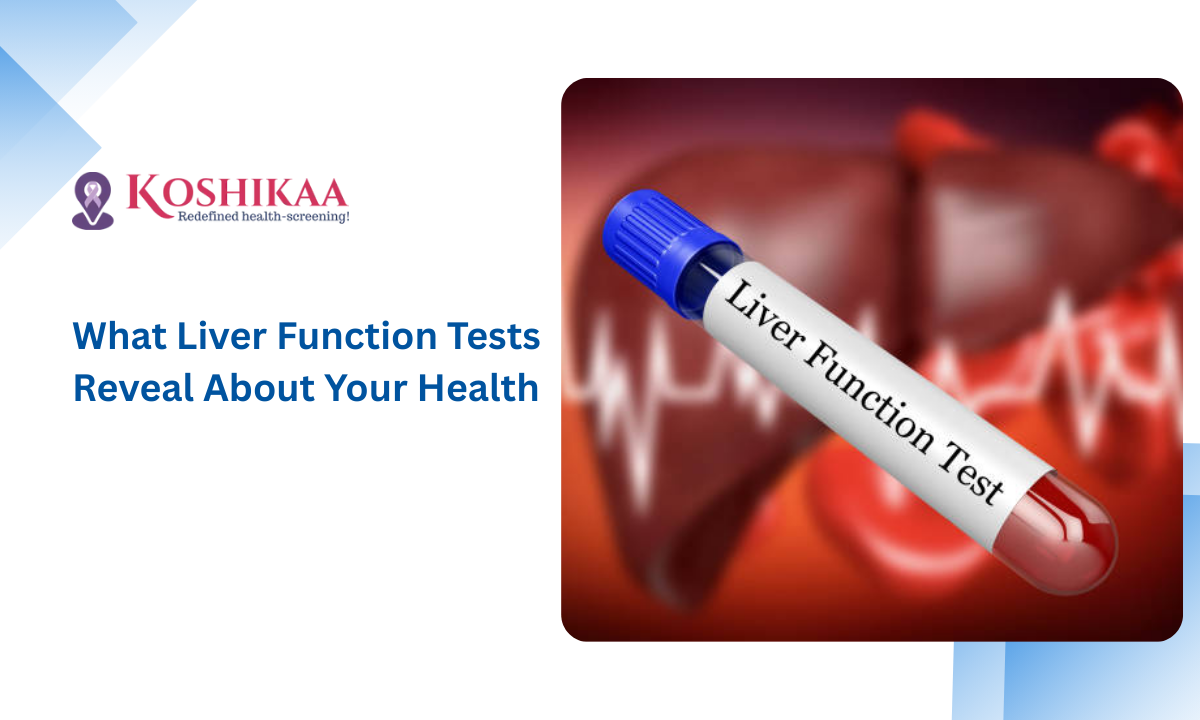
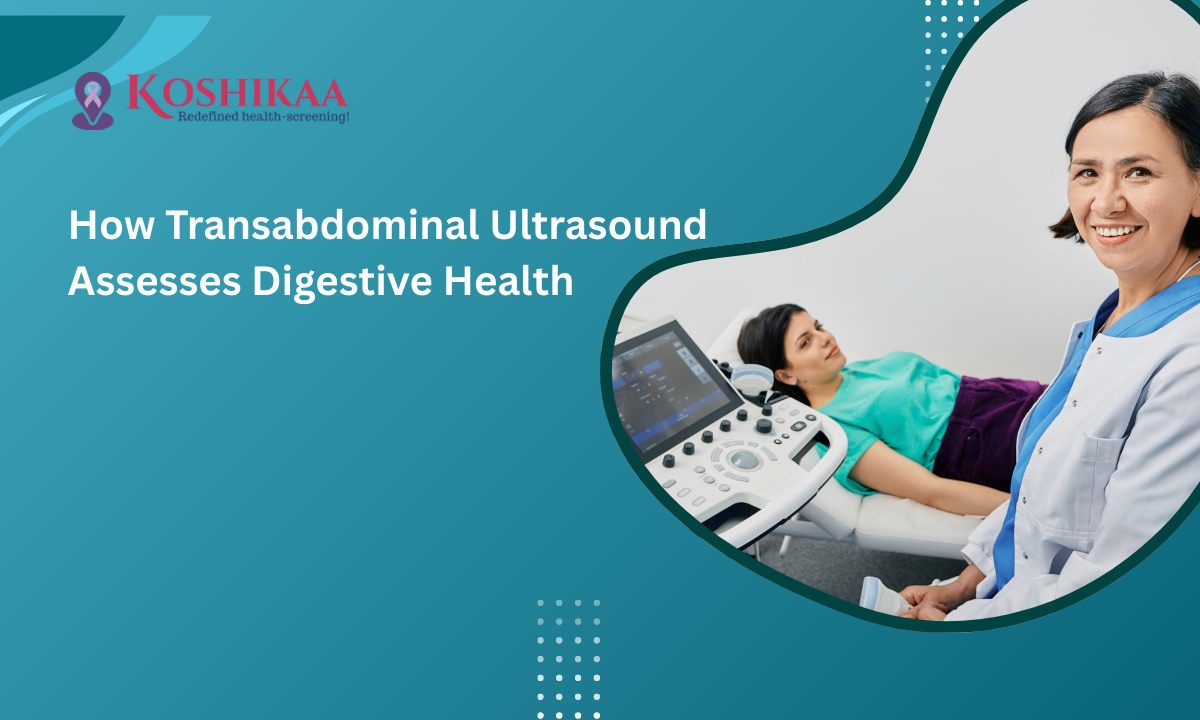
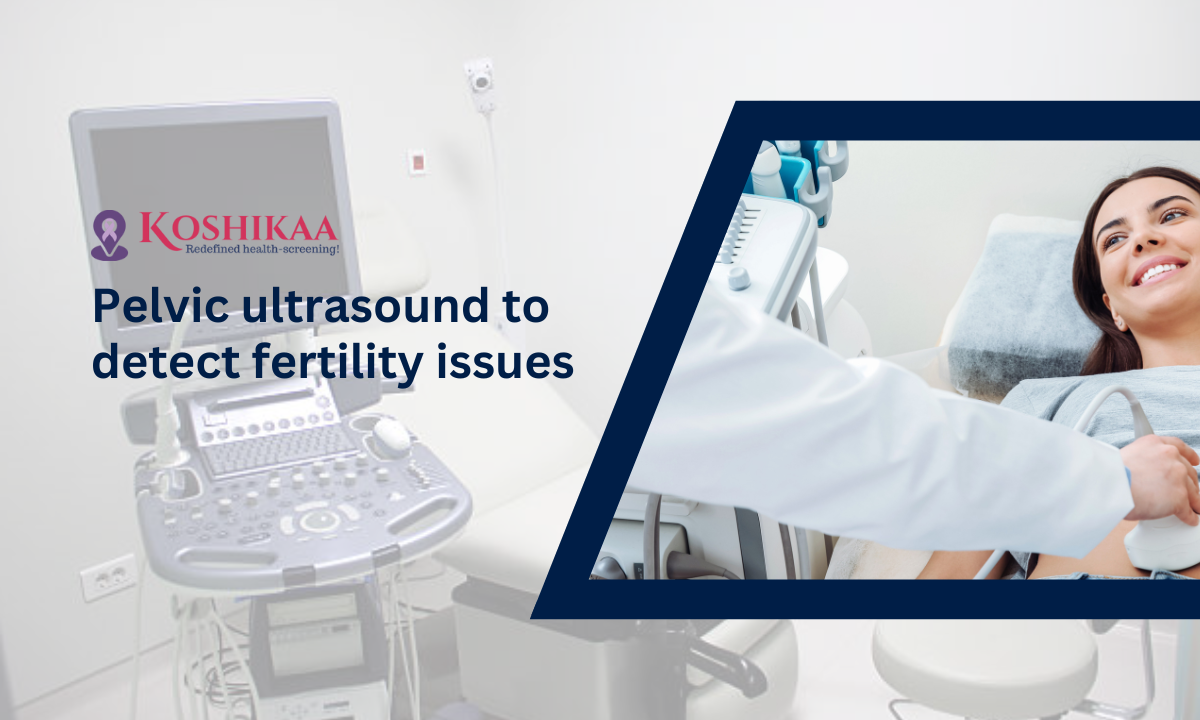



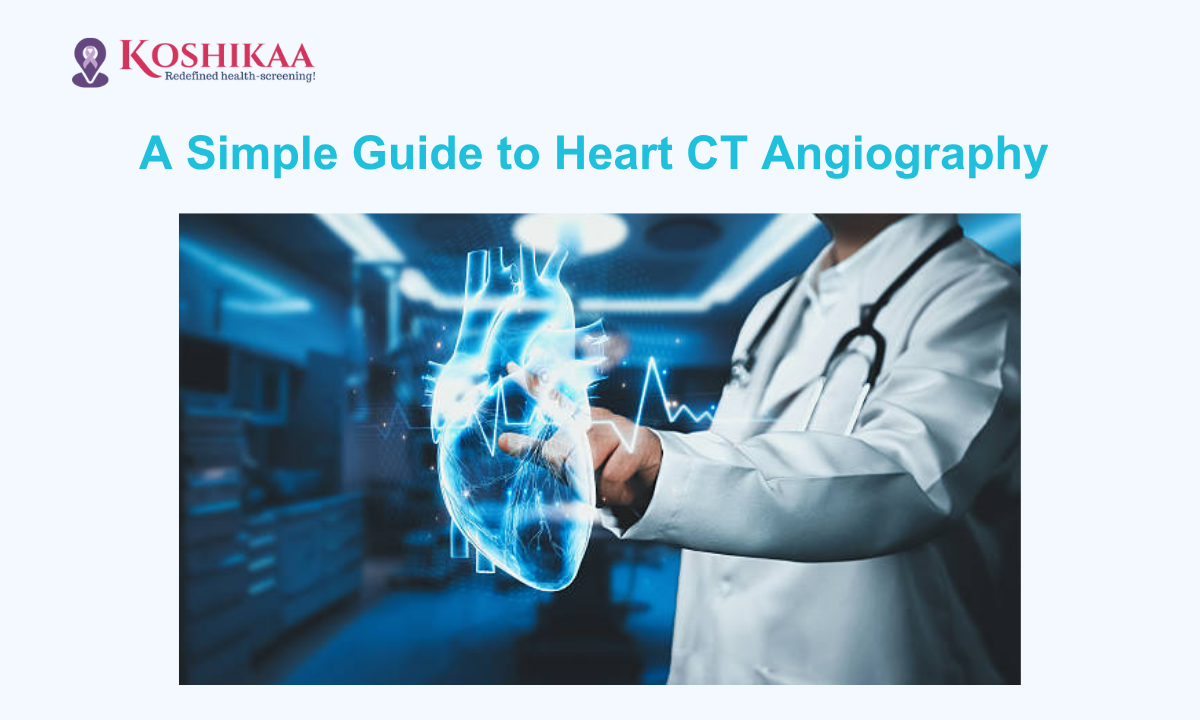
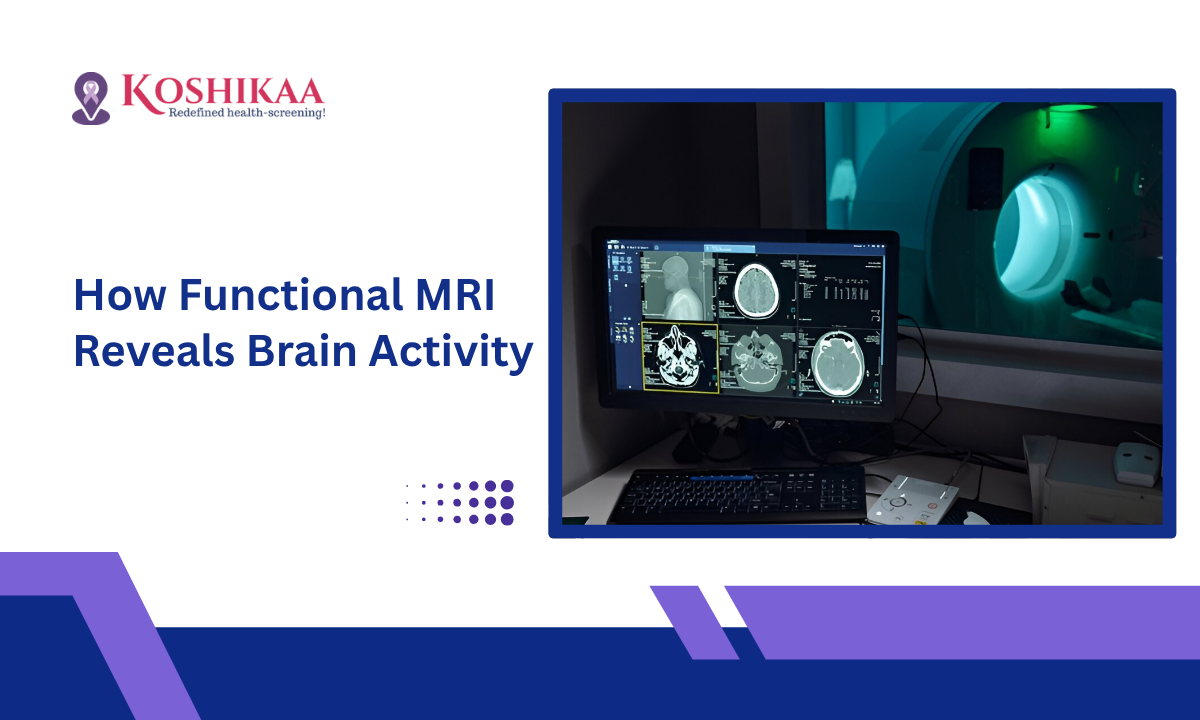


MRI stands for Magnetic Resonance Imaging, a powerful tool for creating images of your body’s inner structures. For those in need of an MRI Scan in Bangalore, this is a noninvasive procedure that doctors can use to diagnose various conditions, including neurological diseases and cancers.
Koshikaa offers MRI scans near you. Its radiologists are experts who can accurately determine the size, location, and potential spread of cancerous growths, allowing for prompt and targeted interventions.
Before your MRI Scan in Bangalore, you cannot wear anything that has metal on them such as rings, necklace, bracelet and watch. If you are a patient with a pacemaker or any implant device, make sure to inform your doctor. There could be discomfort when in small spaces hence make sure to talk to your doctor if you have any concerns. There may be times where you are asked to fast before the scan, so adhere to the doctor’s advice.
An MRI scan in Bangalore is a non-invasive imaging method that doesn’t use harmful radiation. It detects relevant diseases and unexpected findings in adults, which is particularly useful for screening serious conditions through whole-body scans. This technique allows professionals to accurately diagnose and monitor diseases based on tissue anatomy and function.
Typically, results are available within 24 to 48 hours, but this can vary based on the diagnostic center.
Yes, MRI is generally considered safe during pregnancy, especially after the first trimester. However, always inform your doctor if you’re pregnant.
Discuss your concerns with your doctor. Options include open MRI machines, sedation, or listening to music during the scan.
It is particularly beneficial for breast care especially for–
This includes:
MRI with contrast enables us to examine the following organs and areas with exceptional clarity and accuracy:
An MRI usually takes around 20 to 30 minutes to complete. However, the actual duration can vary depending on the type of examination being performed and the complexity of finding any changes or abnormalities in the organs being studied.
Our expert team provides exceptional care during an MRI scan in Bangalore, utilizing advanced technology for accurate imaging. This enables early disease detection and tailored treatment plans. Schedule your appointment at Koshikaa Screening Centre today, and experience modern medical imaging that prioritizes your well-being and health outcomes.
Bone X-rays are essential for diagnosing fractures and assessing bone alignment, aiding doctors in developing treatment plans and monitoring healing progress. They provide detailed images of the skeletal system, helping identify abnormalities or injuries that may not be visible through other imaging techniques